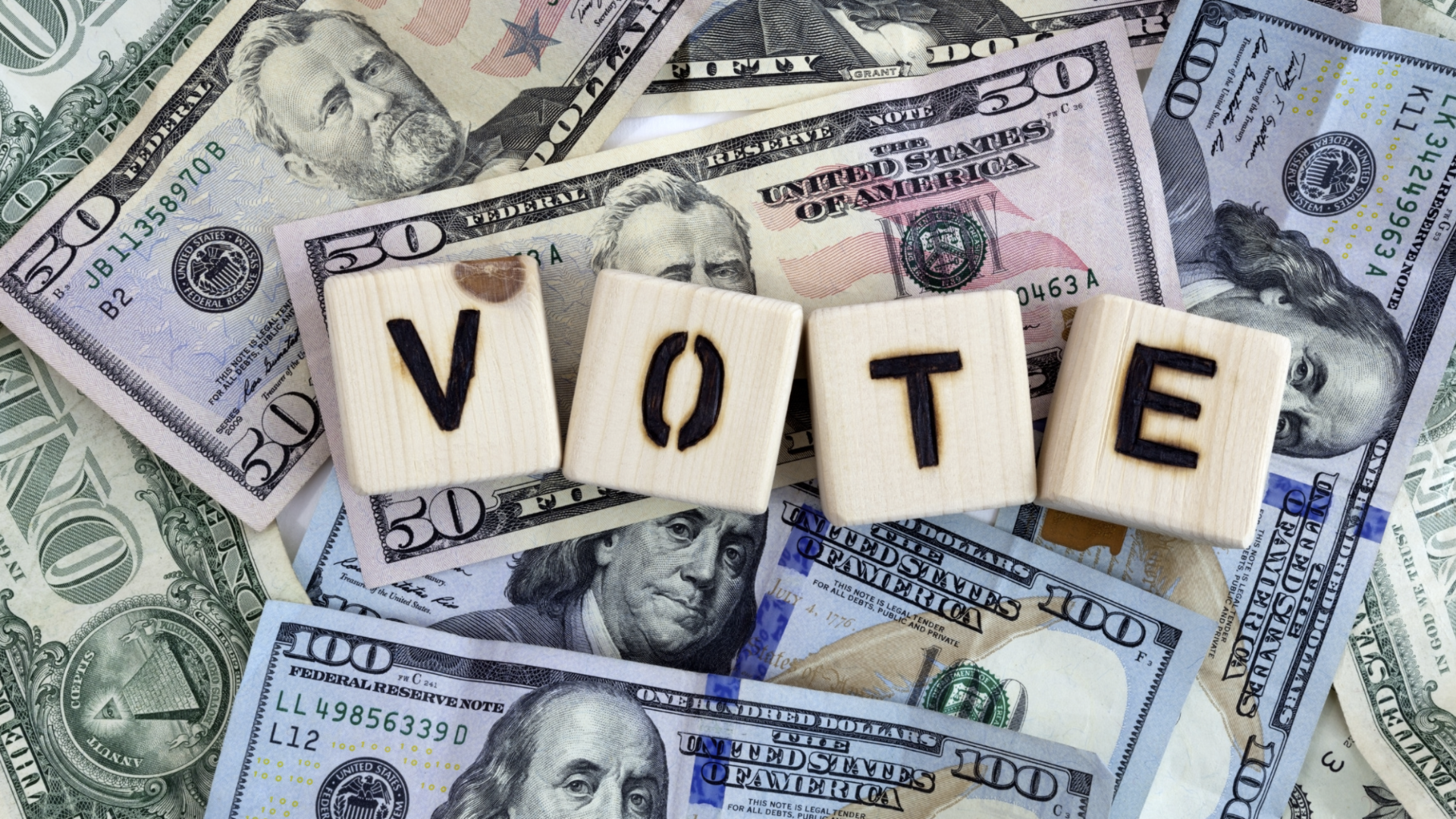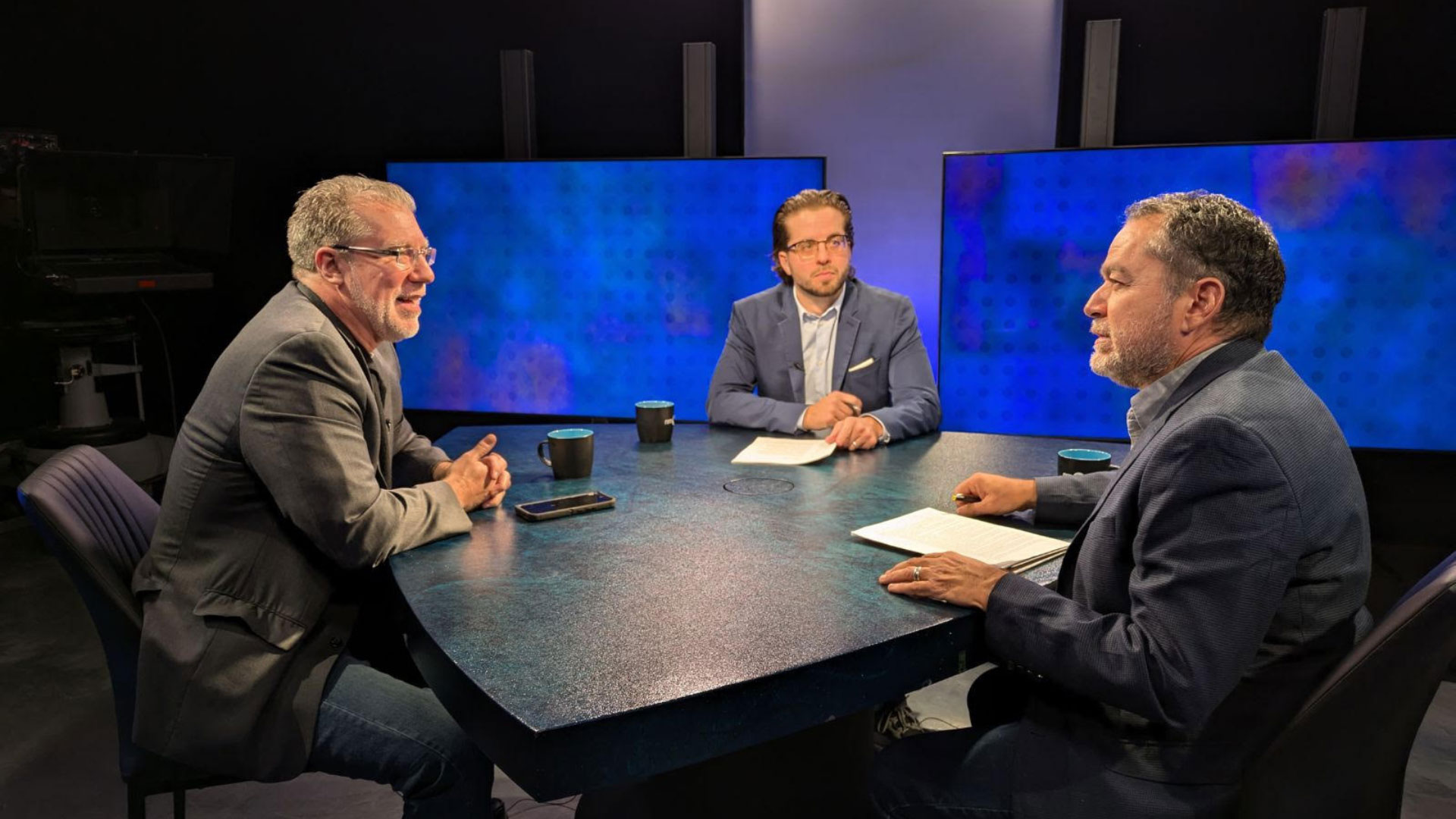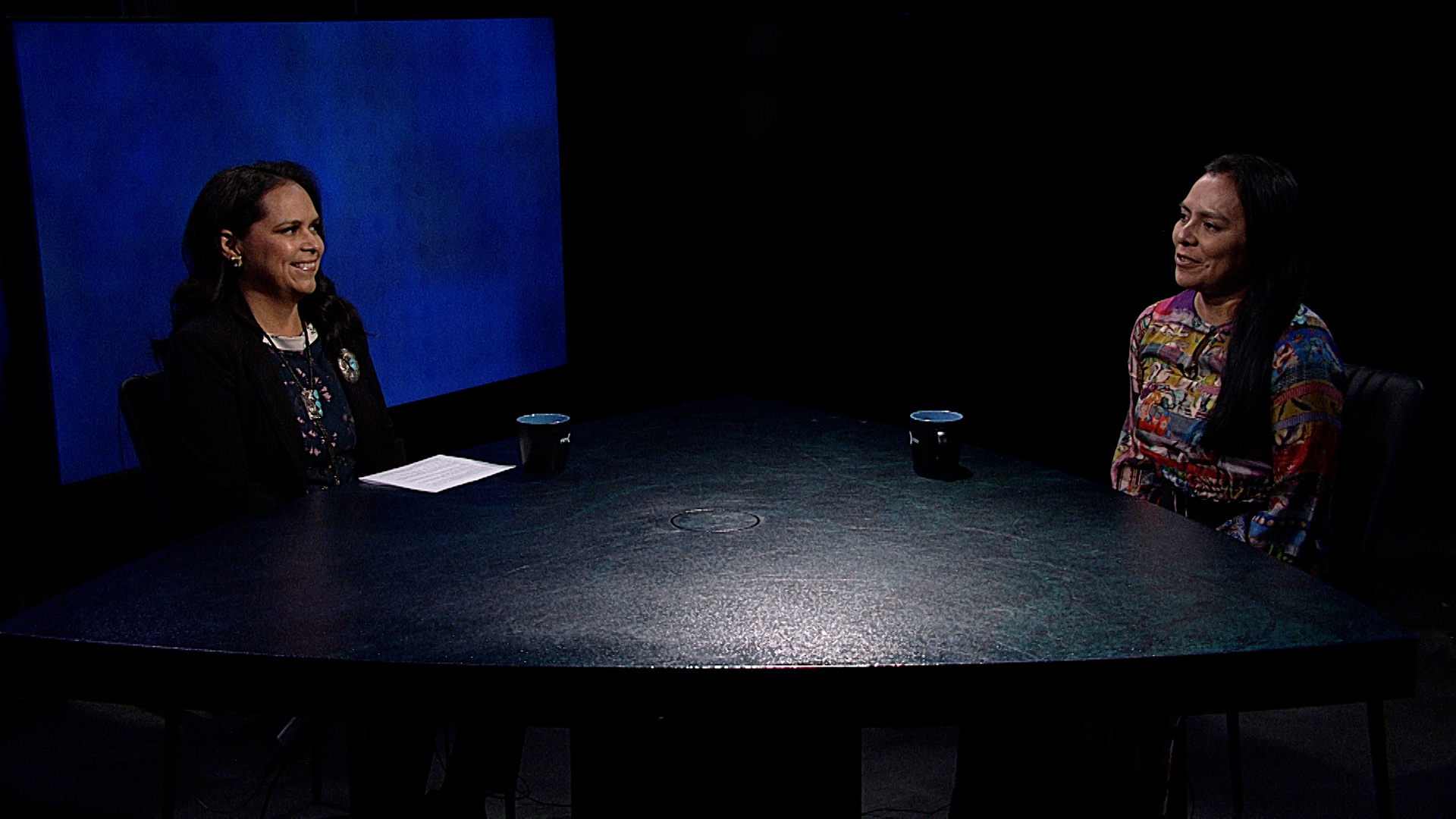Money Can’t Buy You Love, but it Buys Political Access

We’re officially in the homestretch of election season. Early voting has begun, and we’re all being forced to wade through the floodwaters of campaign advertising. But who’s behind all of those ads and what are their motives?
In 2024, those are both complex questions. Donors continue to find new avenues to cast shadows over their identities as they funnel more and more money into candidates’ accounts. It’s only early October and the 2024 federal election cycle is already the costliest in history. The nonpartisan research group OpenSecrets estimates total spending to reach at least $15.9 billion.
As for who’s behind all that money, a cursory search of campaign finance reports will give you a list of individuals making relatively small donations, while the largest donations are often attributed to ambiguously named political action committees. That’s when following the money gets significantly more complicated.
It’s a difficult task for watchdog groups and seasoned journalists — and nearly impossible for the average voter — but that work is being done. Just this week, New Mexico In Depth published a breakdown of six-figure campaign donors in our state and who they’re bankrolling. And earlier this month, NMID’s Executive Director Trip Jennings reported the interests behind a dark money group that fought to snuff out progressive challengers in democratic primaries.
As it turns out, Chevron Corporation was the single-largest donor behind the group working to fund campaigns that took more oil and gas friendly positions than their clean-energy-focused opponents. It doesn’t take much guess work from there to understand the agenda driving that group of donors.
This week, I interviewed Jennings and former state senator turned adjunct political science professor Eric Griego about those stories and what voters should care about when it comes to the individuals and groups funding the campaigns of their future public servants.
One common theme: While money doesn’t necessarily guarantee favorable policy for donors, it certainly buys access. And access means opportunity, unlike any the average voter will ever be afforded. It’s an unfortunate reality, but a reality nonetheless of our current system. The best we can do is work to understand whose money is going where and why. And for that, we must again rely on our journalists.
– Lou DiVizio, Senior Producer
-
Community Event to Help New & Expecting Parents
10.11.2024 – Lou DiVizio interviews Deborah Hassi from Albuquerque’s Main Library about an upcoming event meant to help prepare new and…
-
Judge Compels Dark Money Group to Disclose Funding
10.11.2024 – In the second part of their discussion, Lou asks journalist Trip Jennings for some background on his recent story…
-
Understanding Money’s Growing Influence in Elections
10.11.2024 – Senior Producer Lou DiVizio speaks with former New Mexico state senator Eric Griego and journalist Trip Jennings about money’s…
-
Diné Architect Leads “Reimagining Columbus” Project in Ohio
10.11.2024 – Correspondent Antonia Gonzales sits down with the Diné architect leading a project in Ohio to replace colonialist monuments and…





